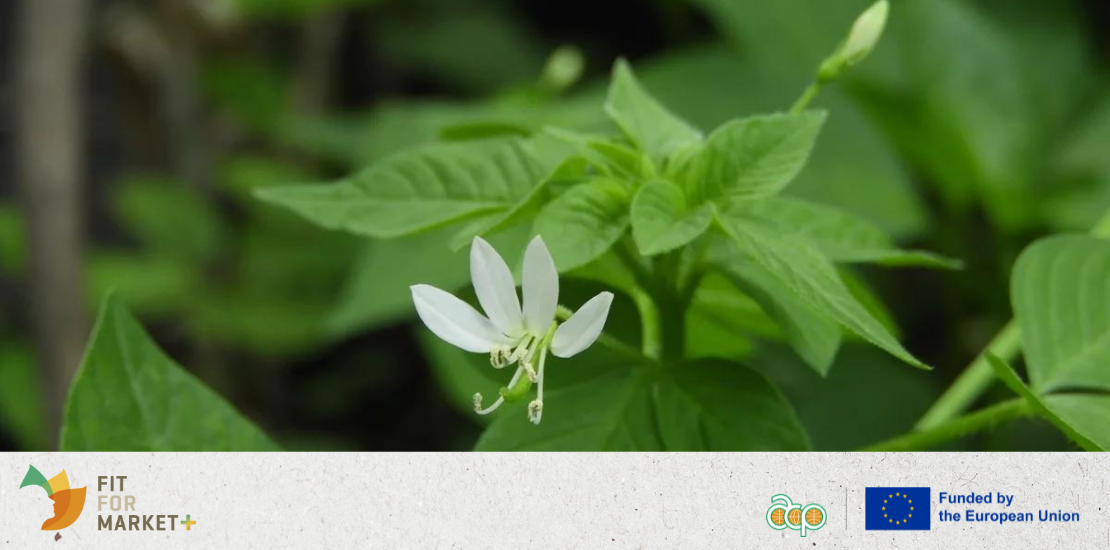- 08/05/2024
- Posted by: Sandra Borma
- Category: News

Zambia : innovative COLEAD-GART partnership to improve soil fertility and increase the economic value of crops
In an exciting new development through the Fit For Market Plus programme, COLEAD has partnered with the Golden Valley Agricultural Research Trust (GART) in Zambia to launch ground-breaking field trials. These trials are designed to evaluate the integration of two underutilised vegetables, Cleome (Cleome gynandra L.) and Amaranthus (Amaranthus spp.), into tomato and cabbage cropping systems. The main objective is to explore sustainable agricultural practices that could potentially reduce pest and disease incidence, improve soil fertility and increase the economic value of crops.
Background and rationale
In Zambia, as across the African continent, indigenous or naturalised vegetables such as amaranthus and cleome are widely consumed but remain under-commercialised. These vegetables, which are often wild or semi-cultivated, have significant nutritional, economic and environmental benefits. By integrating these underutilised vegetables into established horticultural value chains – especially those of high-value crops such as tomatoes and cabbages – there is potential to increase their uptake and overall value to the agricultural sector.
Tomatoes and cabbages are among the most widely grown and commercially important crops in Zambia, contributing millions of dollars to the economy. However, these crops face significant challenges from pests and diseases, which can lead to significant production losses. Current practices rely heavily on chemical treatments, which are costly, environmentally damaging and potentially harmful for both farmers and consumers of not applied approprietly.
Expected benefits
Preliminary studies suggest that intercropping Cleome and Amaranthus can naturally reduce pest pressure, thereby reducing reliance on chemicals. This approach not only contributes to integrated pest management and increased agrobiodiversity, but also improves soil and fertiliser management. It also provides additional income opportunities and economic diversification for farmers.
Moving forward
COLEAD, through its Research & Innovation Brokerage Department, and GART are setting up these trials in a commercial environment to provide a practical assessment of the benefits of intercropping. The initiative aims to demonstrate the viability of these practices at a local level and encourage their adoption within traditional farming systems, which are often based on continuous monocultures.
This partnership exemplifies COLEAD’s commitment to sustainable agriculture and economic development in the agrifood sector, and aligns with broader efforts to promote resilience and environmental sustainability in agricultural practices in Zambia and beyond.
This activity is supported by the Fit For Market Plus (FFM+) programme, implemented by COLEAD within the Framework of Development Cooperation between the Organisation of African, Caribbean and Pacific States (OACPS) and the European Union. This publication receives financial support from the European Union and the OACPS. The content of this publication is the sole responsibility of COLEAD and can in no way be taken to reflect the views of the European Union or the OACPS.





